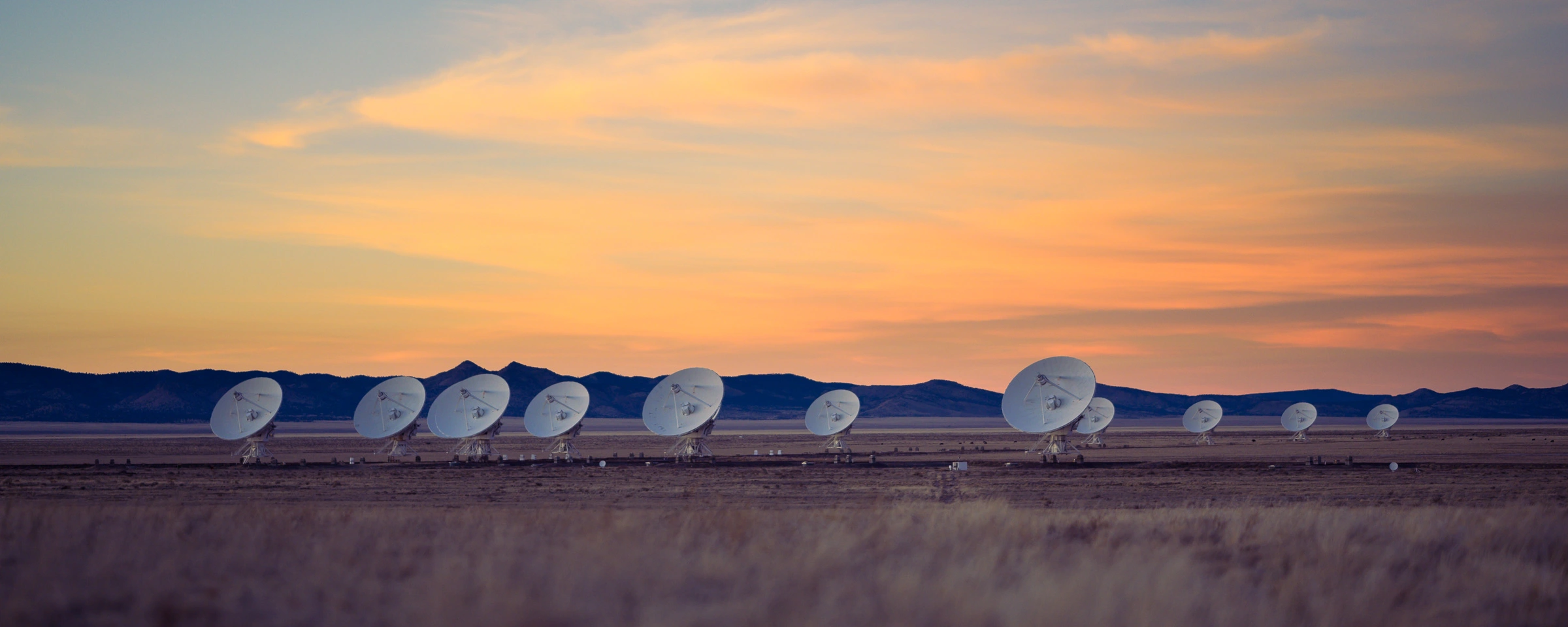

Here’s all the changes.
Literally anyone could’ve been a contender. We don’t know who they are, because the party never wanted to seriously entertain anyone other than Biden.
Contrast that with what the Republicans did. They had several debates with anyone who felt like giving it a shot. Trump decided he didn’t need participate, and was right. The Democrats could have done similar but refused to.
Biden is too elderly. Trump is too many kinds of wrong. Most people know this. If the Democratic party figures out that Biden is almost the only candates weaker than trump, they’ll be able to win.






That’s a very capitalistic form of democracy. Candates need to pull themselves up by their boot straps.
While the Republicans promote socialistic politics, giving candates universal basic airtime.
I get it now.